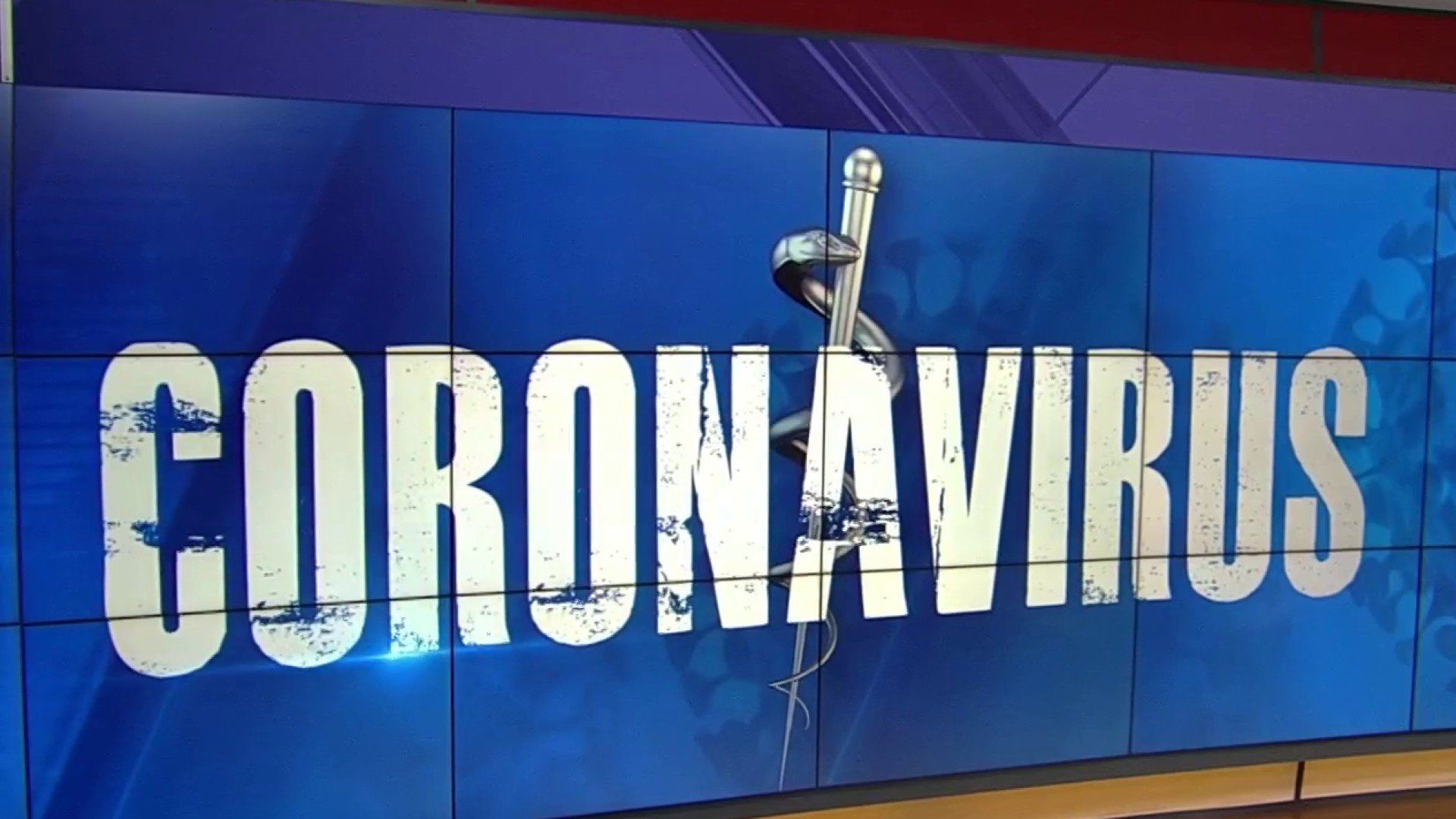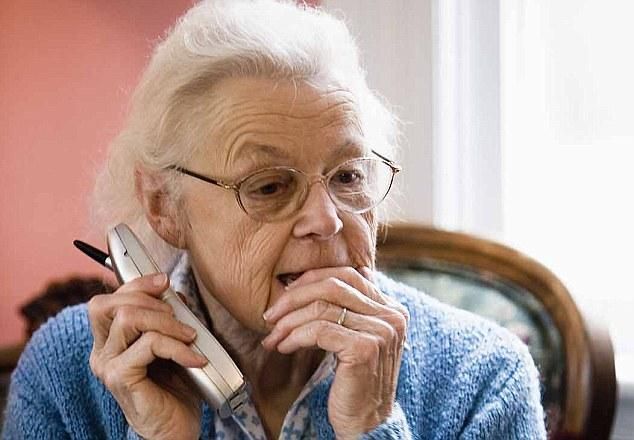What Happens if a Family Member Becomes Incapacitated?
The Unpopular Topic of Discussion Every Family Needs to Have
Just bringing up the possibility of someone in your family becoming mentally or physically incapacitated is often difficult. We tend to think of only the very elderly needing long-term, hands-on care, but a recent report by the Alzheimer’s Association found that one in nine Americans age 65 or older currently have Alzheimer’s. With the baby boom generation aging and people living longer, that number may nearly triple by 2050. Dementia isn’t the only reason for long-term care, of course, but almost everyone knows someone already affected by it.
Waiting too late to plan can throw a family into confusion about what the Mom or Dad would want, what options are available, and what resources can help pay for care. Rushed decisions are often the most costly. Having the courage to discuss the possibility of incapacity now can go a long way toward being prepared should that time come. By the way, because anyone can become incapacitated at any time due to illness or accident, the entire family would benefit from planning for every family member.
Planning/Discussion Considerations
Care Options
: Depending on the type and expected duration of care needed, options range from in-home care to adult daycare to assisted living facilities to nursing homes. Assistance with activities of daily living (ADL), which include eating, bathing and dressing, are generally not covered by health insurance. Professional care can be expensive; the national average for basic assisted living services is now about $42,000 per year. Care for those with dementia can last longer and cost more. Family caregivers, who provide the bulk of in-home care, are often unpaid, and the emotional and financial tolls can be considerable. Your discussions need to realistically consider family finances and circumstances.
Finances
: Where will the money come from to pay these expenses? What resources will be available? Health insurance does not cover assisted living/nursing home facilities or help with ADLs. Medicare covers some in-home health care and a limited number of days of skilled nursing home care, but not long-term care. Medicaid, which does cover long-term care, was designed for the indigent; to qualify, the person’s assets must be spent down to almost nothing. VA benefits for Aid & Attendance may be available for veterans and their spouses. If there are significant assets, you can self-insure and pay the costs as you go. Home equity and retirement savings can also be a source of funds. If you want to protect these assets for your family, long-term health insurance may be an option. (Premiums are much lower when you are younger.)
Documents
: Everyone over the age of 18 needs basic legal documents. These include an advance health directive or healthcare power of attorney (legally appointing another person to make healthcare decisions for you if you cannot make them yourself); a durable financial power of attorney (legally appointing another person to make financial decisions for you if you cannot make them yourself); and a trust and/or will.
Having the Discussion: Your parents may be harboring secret fears about what will happen to them if they need long-term care. Talking about this honestly, listening to their fears and desires, and putting a plan in place before it is needed can help reassure them (and you). If you want to talk to your children, reassure them that you are just being realistic. Starting with a story about someone you know or an article you read can be a good way to break the ice.
How to Get Help
: Jason Waddell is a Board Certified Elder Law attorney has already helped many families in these same situations, and will be able to make recommendations that will save you considerable time, money, and stress. He can also work with other advisors (financial/investment, insurance, CPA, etc.) to help put together the best plan for your family’s circumstances. Contact Waddell & Waddell at 850-434-8500










